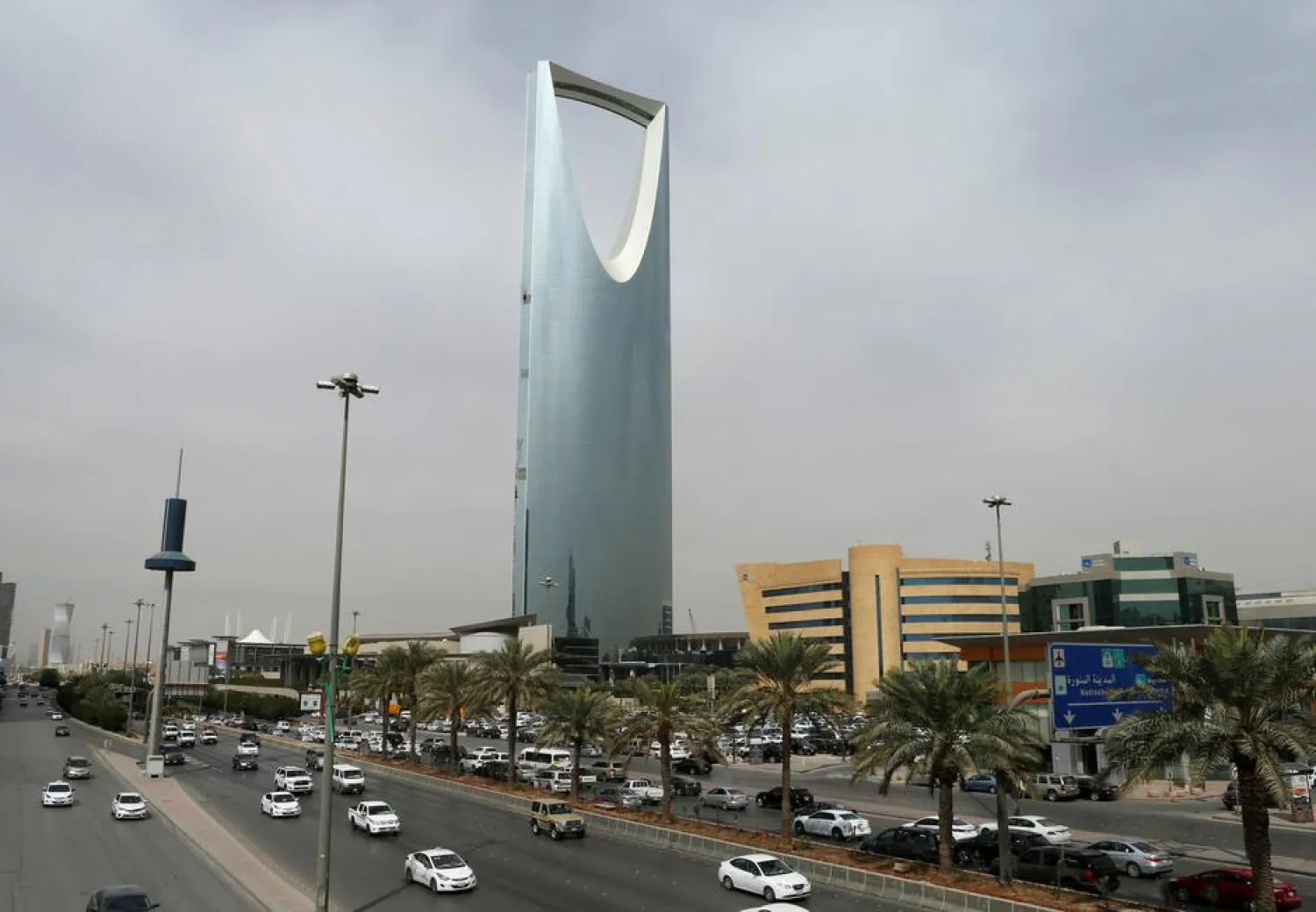The Saline Water Desalination Corporation (SWCC) has accelerated the procedures to privatize the world’s largest water and power plant in Ras Al-Khair in the Eastern Province.
The move is part of the SWCC initiatives to achieve the goals of the Kingdom’s Vision 2030, and to keep pace with national strategies that will form the basic engine of the economy.
The plan is also in line with the Kingdom’s aspirations to attract domestic and foreign investment from the private sector.
The SWCC had earlier hired BNP Paribas as a consultant for the sale of the Ras Al-Khair desalination plant and other plants as part of a major privatization drive to reduce pressure on the government’s capital spending as well as to diversify government revenues away from oil.
It was done following the approval of the supervisory committee for the privatization of the environment, water, and agricultural sector, starting with the Ras Al-Khair plant.
An expert team from the SWCC worked with the consultant in holding communications with developers, investors, and funding agencies to find out the extent of their interest in the project.
The Ras Al-Khair plant, which began production in 2015, has a current operating desalination capacity of 1.05 million cubic meters per day in addition to generating electricity with a capacity of 2,650 MW.
The plant utilizes a hybrid-configuration of multi-stage flash thermal desalination and reverse osmosis membrane technology.
The Ras Al-Khair plant is planned to be the first brownfield asset of the SWCC portfolio to be privatized.









